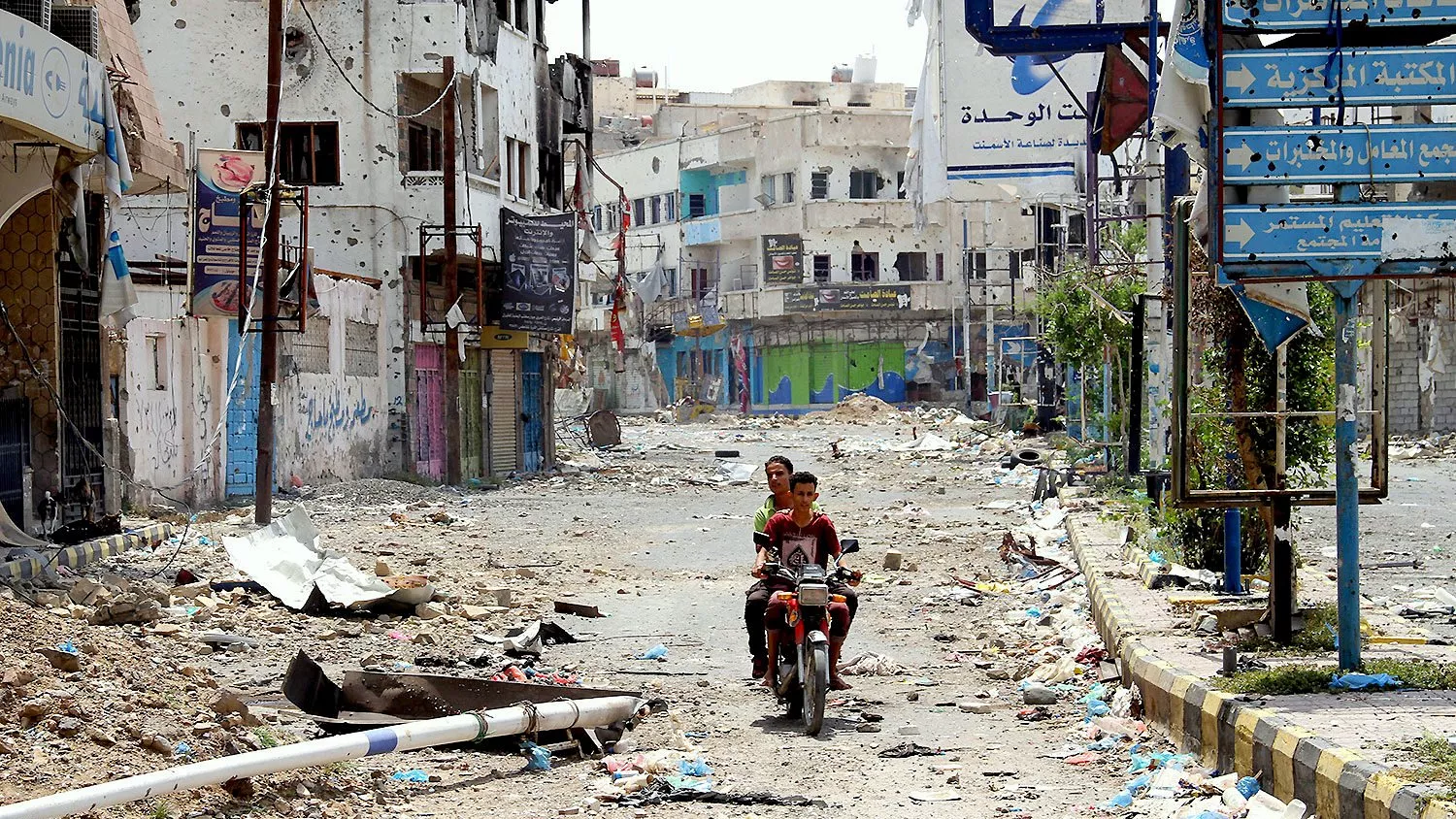( )
اليمن، الدولة التي تزخر بالتاريخ والثقافة، تعاني من صراع مدمر منذ ما يقرب من عقد من الزمان، مما أدى إلى انزلاقها إلى أزمة إنسانية غير مسبوقة. يحتاج أكثر من 21 مليون يمني إلى المساعدة، ويواجهون نقصًا حادًا في الغذاء والرعاية الصحية والبنية الأساسية. وعلى الرغم من جهود السلام المتكررة، لا يزال الوضع محفوفًا بالمخاطر.
لقد أدت الهدنة التي توسطت فيها الأمم المتحدة في أبريل/نيسان 2022 إلى الحد من العنف مؤقتًا وتسهيل توصيل المساعدات إلى المناطق الأكثر تضررًا. ومع ذلك، فإن انتهاء صلاحيتها في 2 أكتوبر/تشرين الأول 2022 كان بمثابة عودة إلى حالة عدم اليقين، مما أدى إلى حالة من عدم اليقين المحفوف بالمخاطر من "لا حرب ولا سلام". لقد أدت الاشتباكات المتقطعة والاقتصاد المتدهور إلى تعميق معاناة الشعب اليمني.
في عام 2024، أصبح الصراع في اليمن متشابكًا مع التوترات الإقليمية الأوسع نطاقًا. استغل الحوثيون سيطرتهم على شمال اليمن لتعطيل الشحن في البحر الأحمر، مطالبين بوقف إطلاق النار بين إسرائيل وحماس وإنهاء حصار غزة مقابل وقف الهجمات. في 16 يناير، وصف زعيم الحوثيين عبد الملك الحوثي اقتراح وقف إطلاق النار بأنه فشل إسرائيلي وحذر من الانتقام من أي خرق. أعلنت الجماعة في 20 يناير أنها ستتوقف عن مهاجمة السفن - باستثناء السفن التابعة لإسرائيل - بينما هددت بالانتقام من الدول الأخرى إذا استهدفت.
وفي الوقت نفسه، كشف ضعف النفوذ الإقليمي لإيران عن نقاط ضعف الحوثيين، مما أدى إلى تأجيج الخلاف الداخلي بشأن طموحاتهم الإقليمية على حساب الاستقرار الداخلي. وتؤكد خريطة الطريق للسلام لعام 2023 المتوقفة، إلى جانب تحذيرات الأمم المتحدة من تصاعد العنف والانهيار الاقتصادي، على هشاشة الدولة اليمنية. كما أدت حرب غزة إلى تحويل الجهود الدبلوماسية بشكل أكبر، في حين اجتذبت الهجمات البحرية الحوثية قوى خارجية، مما أدى إلى تعقيد الوساطة.
Iran’s reduced support may push the Houthis toward negotiations. Anti-Houthi factions see this moment as an opportunity to weaken the group, deepening Yemen’s uncertainty.
Amidst the national stalemate, local peace agreements have emerged as critical lifelines for communities. In cities like Taiz, local mediators—including tribal leaders and community activists—have successfully negotiated temporary ceasefires, allowing civilians to access essential services and move more freely. Notably, in 2024, significant progress was made when local mediations led to the reopening of several key roads, including the Hawban (Taiz) and Marib-Al-Bayda roads, as well as the Thara Abyan-Al-Bayda and Haifan-Aden roads. These roads had been closed for nearly a decade, creating immense hardship for travelers who had to navigate dangerous, lengthy detours. The successful reopening of these routes was the result of mediation efforts that convinced the conflicting parties to respond to mounting public pressure and reopen the main highways between governorates. These grassroots efforts underscore the resilience and agency of Yemeni communities, who, despite the ongoing conflict, continue to strive for normalcy and access to vital resources.
As Yemen teeters between renewed violence and a fragile chance for peace, the international community must act decisively to stabilize the region and address the profound humanitarian and economic crises plaguing the country. The recent direct talks between Saudi Arabia and the Houthi movement, conducted without the inclusion of Yemen's internationally recognized government, have raised concerns about the marginalization of Yemeni voices in determining their own future.
To advance peace in Yemen, the international community should pressure all parties to engage constructively, ensuring the meaningful inclusion of diverse Yemeni groups, including women, youth, and civil society, in peace negotiations.
Addressing Yemen’s economic vulnerabilities is essential, including urgent aid to stabilize the economy, alleviate food insecurity, and rebuild infrastructure. At the same time, efforts must focus on rebuilding state institutions to restore services and uphold the rule of law. By prioritizing humanitarian needs, supporting local peace initiatives, and encouraging regional cooperation, the international community can create the conditions necessary for lasting peace and stability in Yemen. However, this must be done in a way that respects Yemen’s sovereignty, avoiding the perception that peace is being imposed by external powers rather than achieved through Yemeni-led efforts.
A lasting peace agreement could pave the way for Yemen’s recovery. Without immediate action, the country faces escalating poverty, displacement, and instability, threatening its future.

